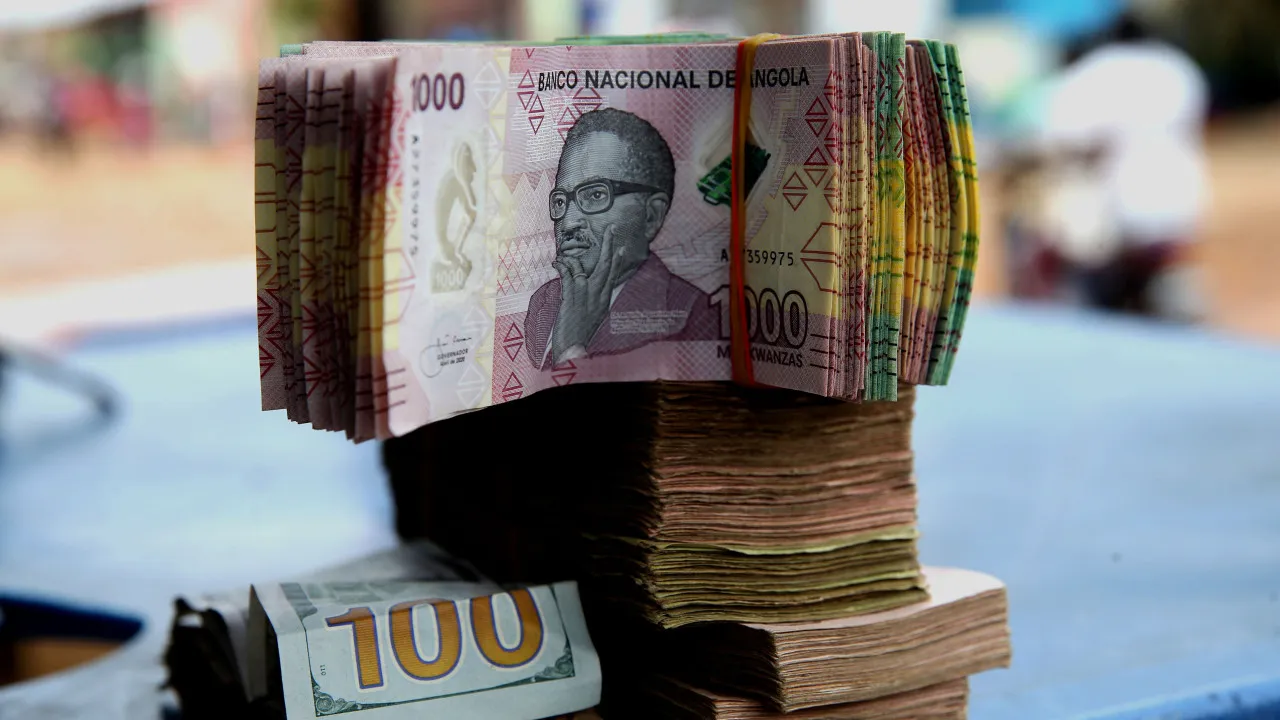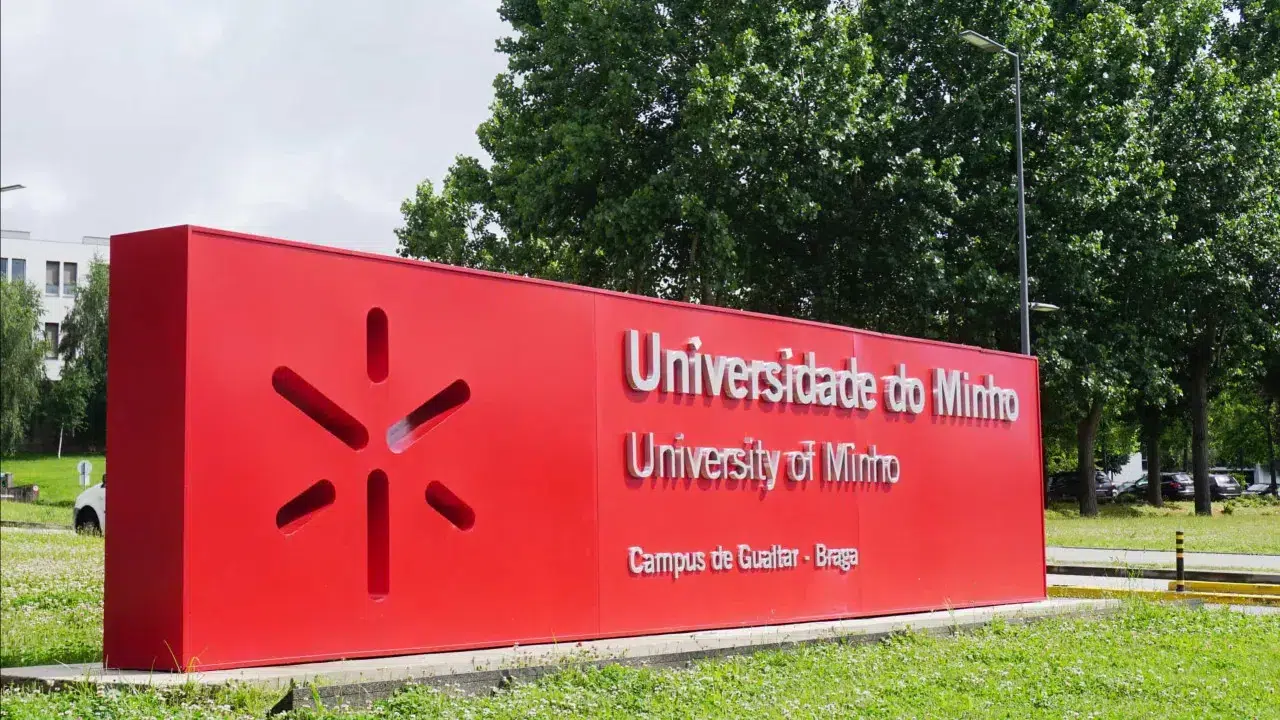
Currently, about 20% of bank credit in Angola is in default. This figure alone highlights the urgency of consolidating effective recovery and restructuring mechanisms,” stated Angola’s Secretary of State for the Budget, Juciene de Sousa.
She noted that, in an environment characterized by persistent inflation and modest growth challenges to business activity, the existence of an insolvency regime that can reorganize, save, and relaunch companies with potential is crucial.
Speaking at the opening of the 1st International Conference on Business Recovery and Insolvency, Juciene de Sousa emphasized that a sound insolvency system is not merely a legal measure but an economic policy lever, an employment protection shield, and a sign of institutional maturity.
De Sousa highlighted the new legal framework for business recovery and insolvency in Angola, which came into effect with a law passed in 2021, acknowledging that the legal reform in this area “is just a beginning.”
“Having a functional legal insolvency framework—with fast, effective processes that meet the expectations of those seeking justice—is more than a legal ambition. It is an economic necessity,” she remarked.
The legal reality in terms of business recovery and insolvency “is still recent,” she noted, calling for consolidation, institutional adaptation, and investment in technical capabilities.
“It’s not enough to change the law—there’s a need to change practices, strengthen structures, train personnel, and above all, build a legal and economic culture that acknowledges restructuring as a viable alternative to dissolution,” she said.
She further stated that, with the legal framework for business recovery and insolvency, Angola has filled a historical gap and created a strategic tool for credit stability, employment protection, and enterprise revitalization.
She argued that the legal tool should be transformed into a real recovery mechanism—”and not just an orderly closure tool”—because, she noted, the goal is “to build an Angola where viable companies have a second chance.”
An Angola “where workers aren’t the first to lose everything and where banks can recover credit without dragging the economy into stagnation,” concluded Angola’s Secretary of State for the Budget.
The conference, featuring speakers from Angola, Brazil, and Portugal, is organized by RECREDIT—an Angolan company for recovering non-performing bank credit.
RECREDIT announced last May that it recovered 31.19 billion kwanzas (almost 30 million euros) in non-performing credit for the 2024 financial year, representing 109% of the established target, “exceeding operational expectations.”




